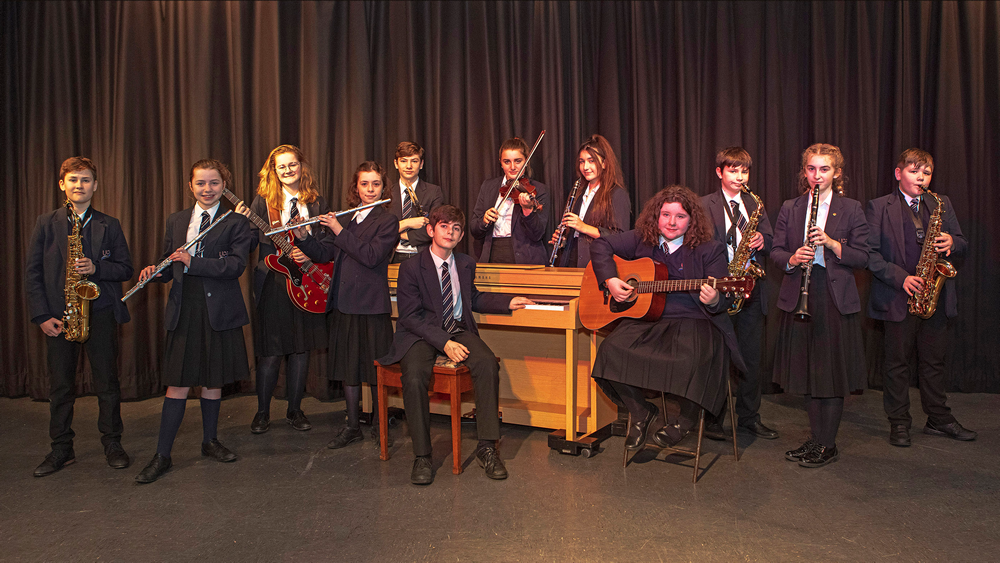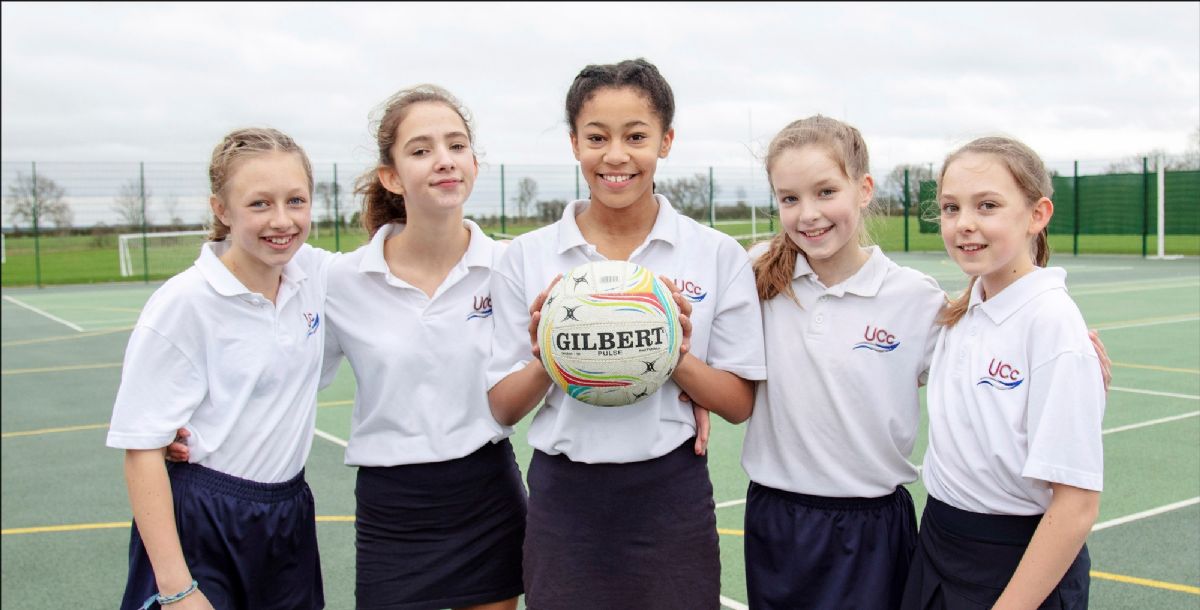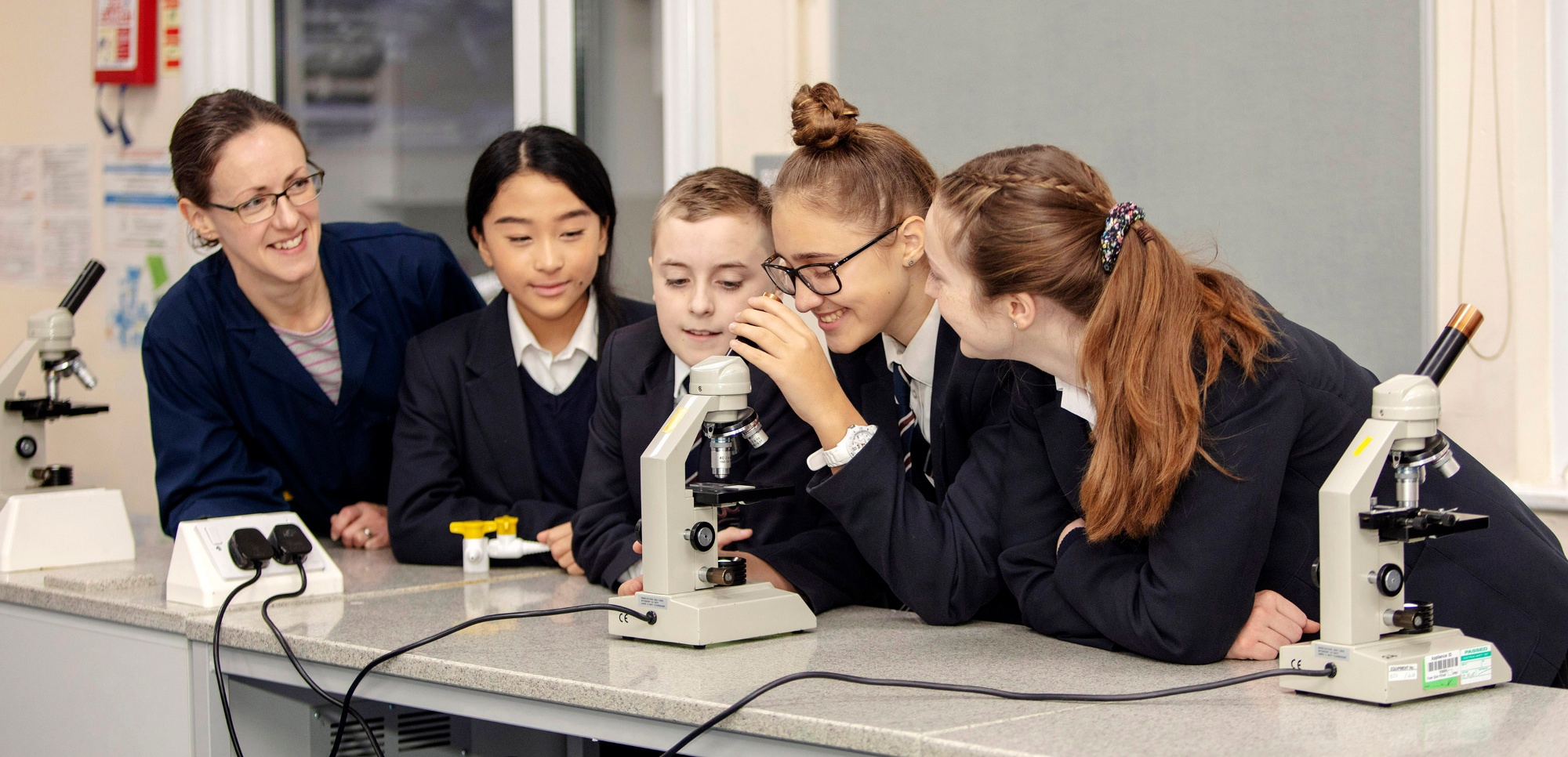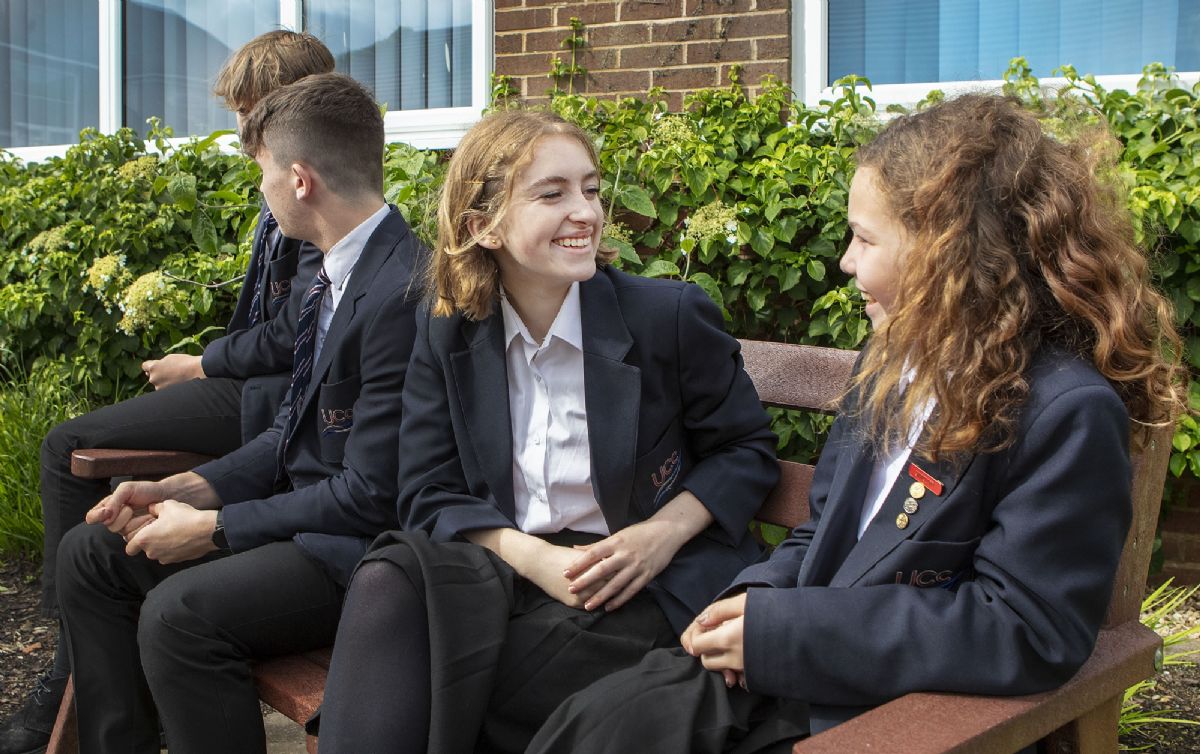Music
THE MUSIC CURRICULUM AT UCC

At Uppingham Community College the Music curriculum across Key Stage 3 and 4 is broad and varied and provides students with the opportunity to study a wide range of knowledge about musical traditions, styles and innovations from western classical music to contemporary popular music. We want to ensure every student enjoys and understands music and gains a real sense of achievement as a result. We believe that it is important that all students, whatever their musical ability, have the opportunity to improve their skills, experiencing the use of music technology and appreciate the sense of accomplishment when composing, playing or singing live music whilst having fun along the way! We actively encourage students to bring their own instruments into class lesson time in many of our projects and encourage playing in an ensemble. By becoming involved in listening, learning and performing, we hope that all our students will develop and maintain a life-long love of music and appreciate the huge importance it has in all our lives.
Below are two examples of this in practice:
Knowledge: When studying the Samba Band project the curriculum will cover key words with hands-on experience of instruments through practical, visual and auditory stimuli with a focus on being able to name specific instruments used in Samba music. Students acquire knowledge about the structure of Samba performance itself and whenever relevant we highlight transferable keywords and performance techniques such as the Son Clave rhythm that is used in other types of Latin American music, hence broadening students' contextual knowledge and deepening their knowledge of the similarities and differences in music from around the world.
Understanding: Students will understand that although Samba originated from Brazil, it is now played all over the world. They recognise the importance of the leader of the bateria who acts as the conductor playing the repinique and apito and how they effectively conduct the Samba band through the oral tradition to lead performers to combine differing rhythm patterns.
Skill: Students will build on their knowledge of 'where in the world' Samba originates and has spread through the use of blow up globes and maps. They will use their voices, auditory recall and practical performance skills to help them learn and play the rhythms needed to form a more complex Samba piece. Their work will end in a convincing Samba Band performance.
Knowledge: When studying the Instruments of the Orchestra project the curriculum will allow students to identify the four sections of the orchestra and name specific instruments within those families. They will be able to identify orchestral instruments visually, aurally and appreciate how individual instruments make sound. They will learn about the composers Henry Purcell and Benjamin Britten who later went on to write 'The Young Persons Guide to the Orchestra'.
Understanding: Students will be able to distinguish the difference in instrumental playing techniques from each of the four families of the orchestra. They will understand the tone and range of notes specific to those instruments. They will appreciate that certain instruments play in other ensembles besides the orchestra.
Skill: Students will have the opportunity to 'produce sound' through a variety of playing techniques e.g. 'buzzing' that brass players need to do to make sound; playing a double reed instrument through the 'straw oboe' class band; 'bowing or plucking' a classical stringed instrument and 'striking/hitting/shaking' a percussion instrument including the opportunity to play the drum kit.



